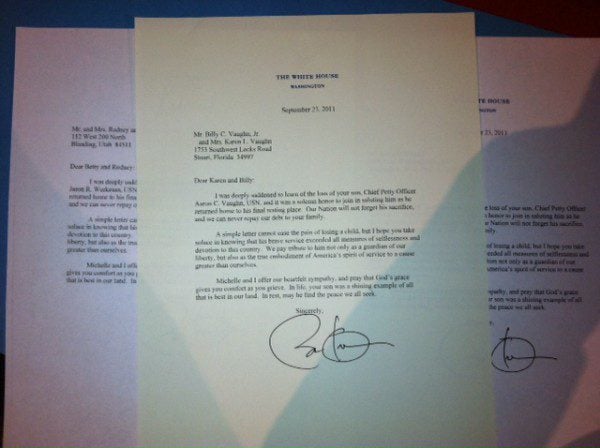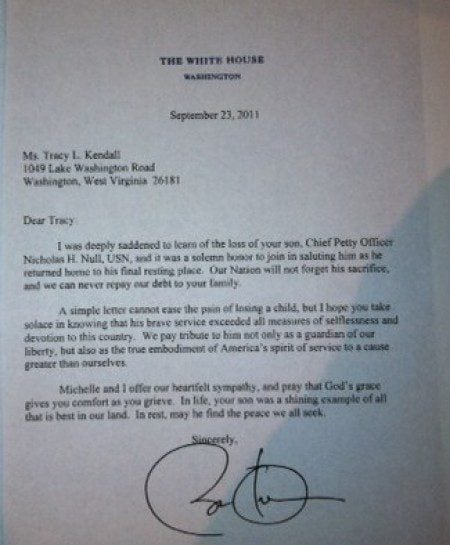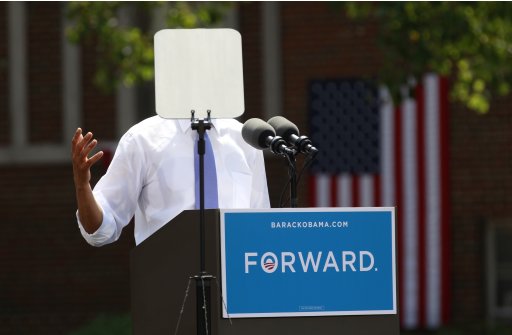I am sorry, but this is about the stupidest example of egalitarian BS as I have ever seen. Are they serious? You damn right they are serious. Blind people being discriminated against because they are? Blind? What the hell do these people want!
Absolutely ridiculous!
DOJ Targeted Public Library for Lending E-Books 'Inaccessible' to the Blind
(CNSNews.com) – The U.S. Justice Department says it has reached a settlement with the Sacramento (California) Public Library over a trial program the library was conducting that let patrons borrow Barnes and Noble NOOK e-book readers.
DOJ and the National Federation of the Blind objected to the program on grounds that blind people could not use the NOOK e-readers for technological reasons.
The Justice Department said the settlement is aimed at stopping discrimination: “Emerging technologies like e-readers are changing the way we interact with the world around us and we need to ensure that people with disabilities are not excluded from the programs where these devices are used,” said Assistant Attorney General Thomas E. Perez in a news release.
A DOJ official told CNSNews.com it interviewed a woman who could not participate in the library's e-reader program due to her disability and concluded that the program had violated the ADA.
Amy Calhoun, an Electronic Resources Librarian at the Sacramento Public Library who helped launch the ebook reader project, said she was unaware of any objections from a blind person regarding the program. “I have not heard of a specific complaint directly from a patron,” she told CNSNews.com. “But I do know that patrons who are part of the statewide Braille and talking-book program do get in touch with us for audio books.”


 " advising readers on some rather obscure Ps and Qs.
" advising readers on some rather obscure Ps and Qs.








 AP Graphics
AP Graphics

















 U.S.
actor Sean Penn joined President Hugo Chavez at an election rally in
Venezuela on Sunday, bringing a dash of Hollywood to the campaign as he
rode with him atop a truck past cheering supporters.
U.S.
actor Sean Penn joined President Hugo Chavez at an election rally in
Venezuela on Sunday, bringing a dash of Hollywood to the campaign as he
rode with him atop a truck past cheering supporters.